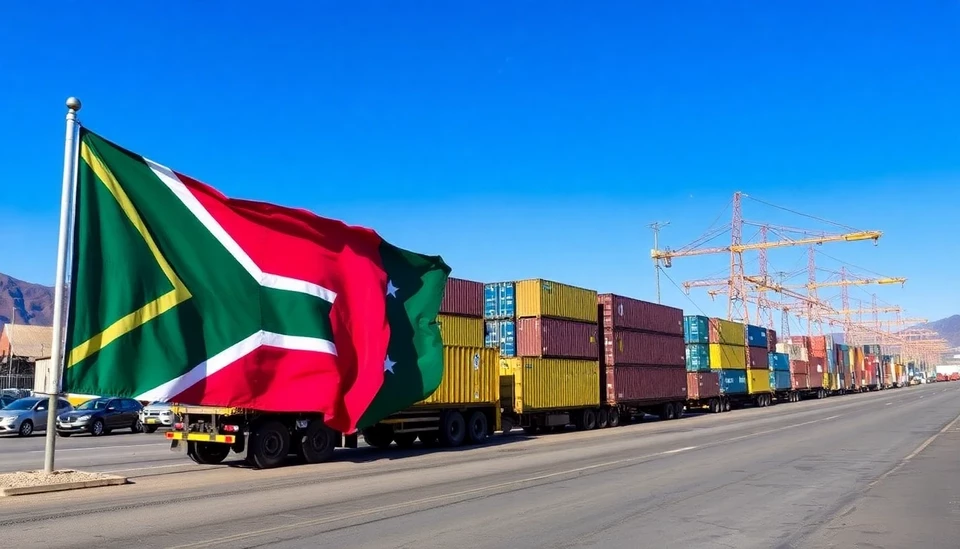
In the wake of escalating trade tensions between the United States and various global economies, South African manufacturers are navigating a complex landscape of tariffs and trade barriers. As the U.S. continues to impose tariffs on goods from several nations, this pressure has prompted local industries to alter their approaches to remain competitive while safeguarding jobs and profitability.
Recent trade policies introduced by the U.S. have particularly impacted sectors such as steel and aluminum. With tariffs implemented that strain not only South African exports but also domestic prices, manufacturers are reevaluating their supply chains and cost structures. On one hand, some enterprises are prioritizing local sourcing to mitigate the impact of tariffs, while others are focusing on innovation to enhance product appeal and resilience.
One significant development in this maneuvering has been the collaboration between manufacturers and government entities. Industry stakeholders are advocating for aid from the government to bolster infrastructure and provide financial support which could offset the heightened costs imposed by foreign tariffs. This strategy aims to sustain the manufacturing sector while fostering growth through enhanced capabilities.
Additionally, some companies have pivoted towards expanding their international markets, seeking opportunities beyond traditional partners. By diversifying their export destinations, they aim to buffer against U.S. tariff repercussions. Countries in Asia and Europe have become focal points for South African exports as manufacturers strive to capitalize on new trade agreements and partnerships.
However, the path forward is fraught with challenges. Manufacturers must contend not only with the tariffs but also with fluctuating currency exchange rates and local economic conditions. Maintaining competitiveness while adhering to high-quality standards remains a central theme. Businesses are investing in technology and training to bolster productivity and minimize waste, ensuring that they can deliver value despite the obstacles presented by the broader global market.
As these changes unfold, the long-term outlook for South African manufacturing remains cautiously optimistic. The adaptability of the industry in the face of adversity exemplifies resilience, drawing a blueprint that other sectors might follow as economic pressures evolve across the globe.
The ongoing tariff battles will undoubtedly continue to influence how South African manufacturers operate and grow in a rapidly changing economic environment. By embracing innovation and diversification, they aim to not only survive but thrive in the new normal defined by trade conflicts and geopolitical shifts.
As the situation develops, stakeholders are keeping a close eye on potential resolutions in the U.S. trade landscape that could offer new avenues for growth for South African manufacturers.
#SouthAfrica #Manufacturing #TradeWar #Tariffs #EconomicResilience #GlobalTrade #Innovation
Author: Laura Mitchell




